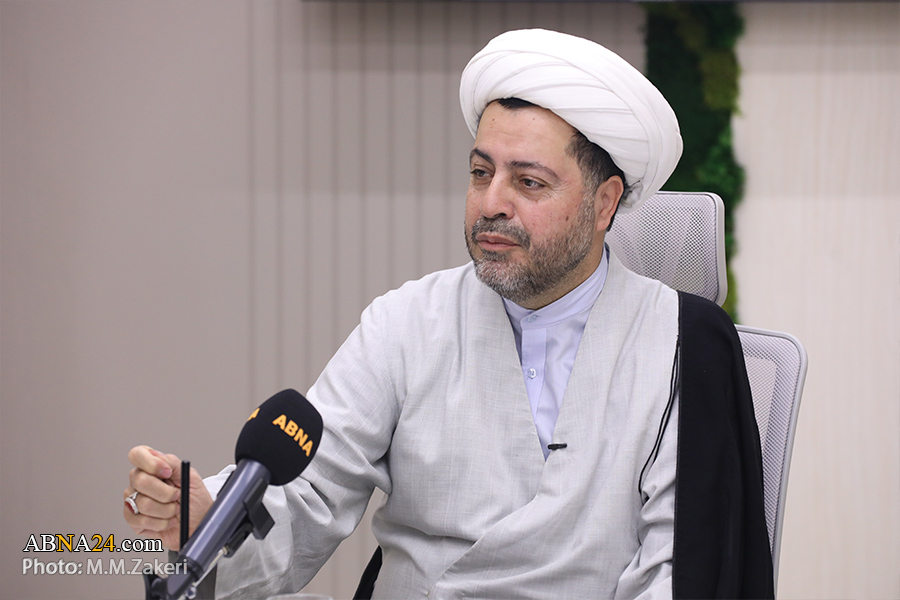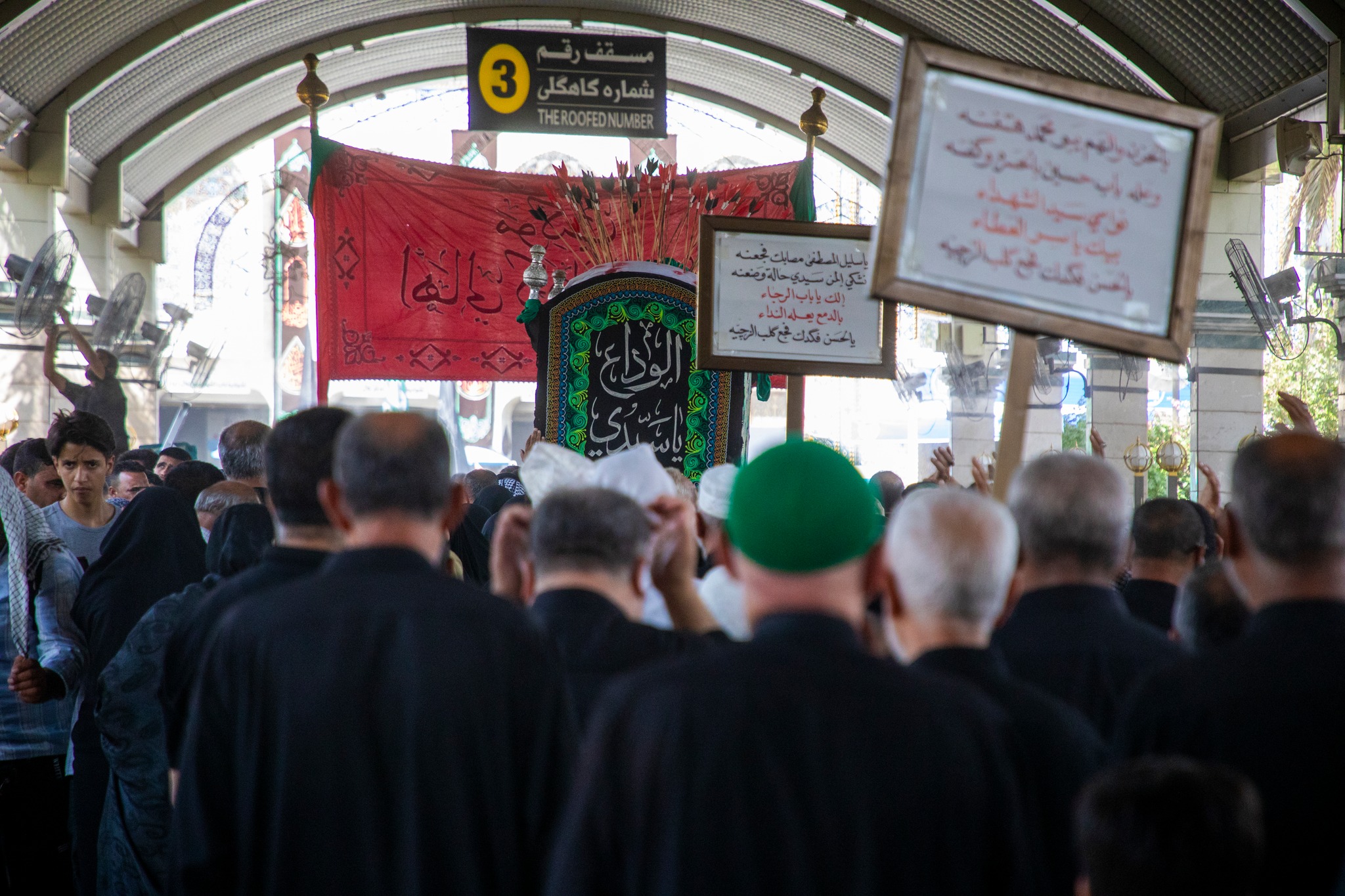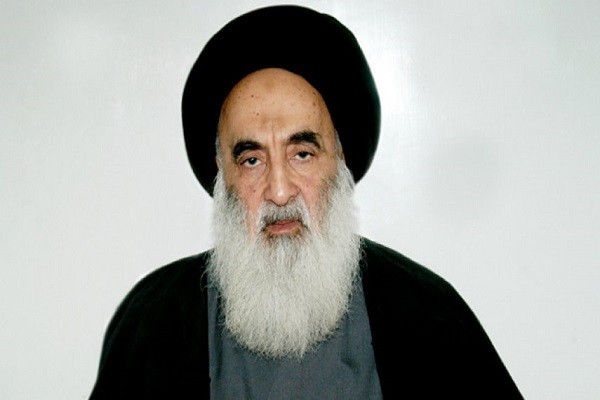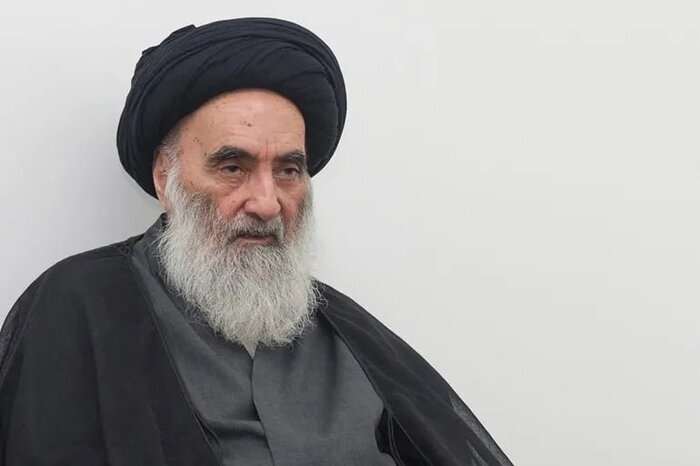AhlulBayt News Agency (ABNA): The seminar titled “The Status of Shiites in Tanzania: Challenges in Intellectual, Cultural, Social, and Religious Spheres” was held on Wednesday, November 27, 2024. The event, with a presentation by Dr. Ranjbar Shirazi, was organized by the Office of Studies, Research, and Academic Affairs under the Scientific-Cultural Department of the AhlulBayt (a.s.) World Assembly, in collaboration with the ABNA News Agency. The seminar took place in the conference hall of ABNA News Agency in Qom.
Tanzania: A Paradise on Earth
Speaking from his personal experience, Dr. Ranjbar Shirazi shared insights from his tenure in Africa, “My first visit to the continent was in 1981. From that first journey, I was deeply impressed by the continent and saw Tanzania as a paradise on earth. Compared to other continents, Africa provides the opportunity to achieve substantial results with minimal costs. Unfortunately, Western media have featured a negative image of Africa. The continent exhibits significant cultural, social, and economic diversity, and its nations can be broadly categorized into northern, eastern, western, and southern regions.”
“Africa is in dire need of visionary figures like Imam Musa Sadr. Grand Ayatollah Wahid Khorasani once emphasized during a meeting that the first demand of Imam Mahdi (a.s.) is the training of cadres for international activities. Africa requires systematic, organized, and well-planned initiatives. In some cases, individuals from Iran were sent to Tanzania for cultural work with no knowledge of the local language. Today, we see that Germany has established some of its largest cultural institutions abroad in Africa. Unlike colonial powers, Germany’s involvement in Africa has focused more on cultural transformation than exploitation,” he added.
The former Iranian cultural attaché to Tanzania highlighted a positive aspect of Tanzanian society. “A major strength in Tanzania is the presence of a diverse population of Muslim people of color. Around thirty years ago, Muslims constituted about 72% of the population, but this figure has been reduced to 41%. Some statistics claim Christians make up about 61% of the population, but field research does not confirm this claim,” he said.
He elaborated on the challenges posed by Christian groups in Tanzania, stating, “Among their efforts was Tanzania’s withdrawal from the Organization of Islamic Cooperation (OIC). They also attempted to change the name of Dar es Salaam, which holds Islamic and Quranic significance, to an English name. When this effort failed, they relocated the country’s capital to Dodoma, where the Tanzanian parliament and most Western embassies are now situated. Moreover, 90% of the country’s high-ranking positions are reserved for Christians. In Christian-majority regions, youth easily access higher education with church support, while in Muslim-majority regions, many youths are forced to resort to street vending for survival.”
The Khoja Shiite Community
Discussing the non-African people of color in Tanzania, Dr. Ranjbar Shirazi explained, “The Khojas are predominantly divided into three groups: Twelvers, Bohras, and Aga Khanis. The Aga Khanis, due to their financial contributions to the Tanzanian government, have significant influence among politicians. They are also the wealthiest non-African community in Tanzania, investing substantial sums in building schools, universities, clinics, and orphanages. The largest medical center in Dar es Salaam belongs to the Aga Khanis. Another group is the Bohras, who also play an active role in the country.”
He further elaborated on the success of the Khoja Twelver Shiites, saying “This community, operating under the umbrella of the World Federation of Khoja Twelver Shiites, has achieved remarkable success and provides a model for other Shiites communities globally. However, the overall condition of Shiites in Tanzania still falls short of the desired standard. Unlike Sheikh Zakzaky’s model in Nigeria, replicating such an approach in Tanzania is not feasible due to significant cultural and societal differences between Tanzanians and Nigerians. To implement any effective strategy for change, three steps are essential: first, understanding the current situation; second, envisioning a more desirable state; and third, mapping out the ideal scenario.”
Dr. Ranjbar Shirazi concluded by pointing out the influence of Baha’i efforts in Tanzania, expressing “Baha’is have focused heavily on education, from preschool to university levels. Their initiatives have progressed to the extent that several individuals trained under the Baha’i system now hold positions in the Tanzanian cabinet.”
**************
End/ 345





